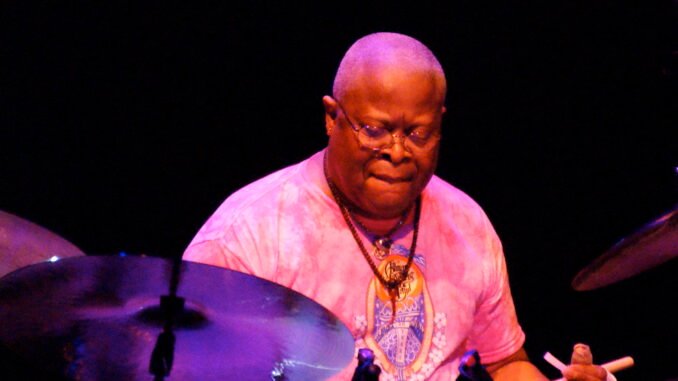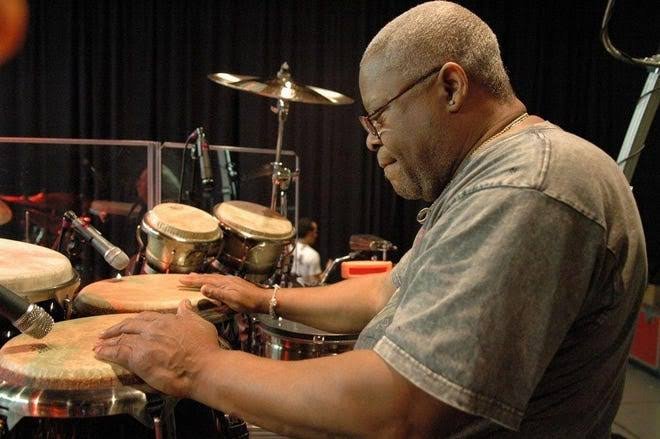
For decades, Jai Johanny “Jaimoe” Johanson kept mostly quiet about one of the most powerful truths behind The Allman Brothers Band — that while their music was about unity, soul, and brotherhood, he was walking a different road behind the scenes. As the only Black member in a groundbreaking, all-white Southern rock band during the height of racial division in America, Jaimoe lived a story filled with unspoken pain, quiet dignity, and powerful perseverance.
“When I first joined the band, I wasn’t thinking about being the only Black man,” Jaimoe recently shared. “I was thinking about the music — about creating something bigger than ourselves. But the world wouldn’t let me forget.”
He came from a background steeped in jazz and R&B, with roots stretching into the gospel-soaked soil of the South. When Duane Allman invited him to join the band, it wasn’t because of his race — it was because of his unmatched sense of rhythm and feel. But no amount of talent could shield him from the realities of the time.
“There were nights I couldn’t stay in the same hotel. Places where I was told, ‘Your kind can’t eat here,’” Jaimoe recalled. “The rest of the band stood with me — they didn’t always understand what I faced, but they never left me behind. That’s real brotherhood.”
Still, the emotional weight of being “the only one” lingered. He didn’t just carry drumsticks; he carried history. He carried the discomfort of being watched, questioned, and judged — not for how he played, but for the color of his skin.
“Sometimes I felt invisible. Other times, too visible,” he said. “But I never let that take the joy out of playing. Music was the only place I felt completely free.”
The musical bond he formed with fellow drummer Butch Trucks became one of the most profound partnerships in rock. Together, they created a rhythmic language few others could speak. “When we played, it wasn’t about Black or white — it was about soul. About truth.”
Jaimoe’s presence in The Allman Brothers Band wasn’t just a historical footnote. It was a quiet revolution. He didn’t protest with words — he protested by standing tall, night after night, in a world that didn’t always want him there.
“I didn’t ask to be a symbol. But maybe that’s what makes it matter,” he said.
More than 50 years later, Jaimoe remains a testament to the power of music to break barriers — and to the courage it takes to keep playing through the noise of a divided world.
Leave a Reply